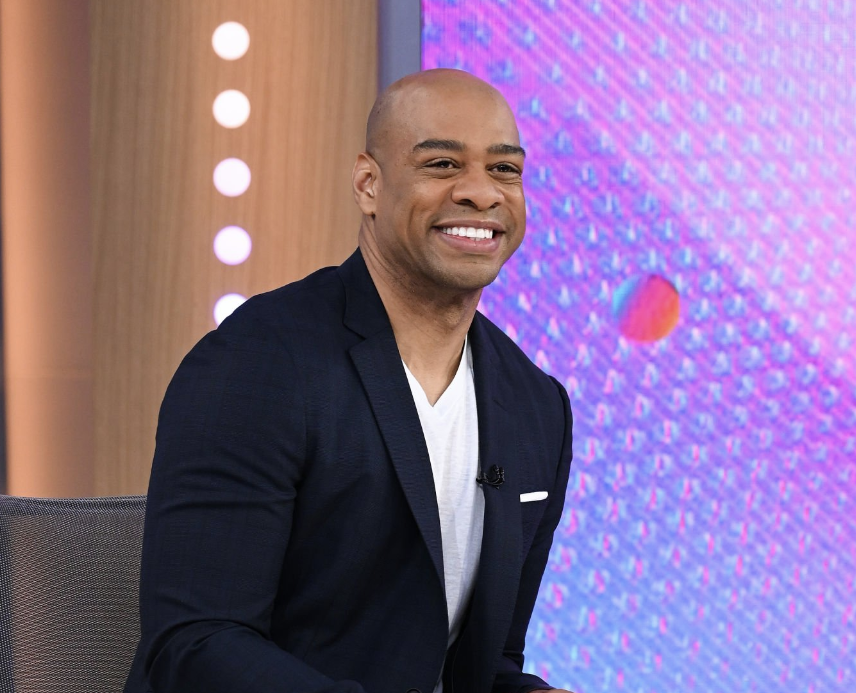Health News & Trends
DeMarco Morgan Offers Open Advice On Life-Saving Health Move
To demystify conversations around men’s health, the GMA3 anchor opted to openly chronicle his first colonoscopy. DeMarco Morgan is utilizing his platform, as well as his pals, to encourage guys to be more mindful of their health and take better care of it.
The ABC anchor, who is currently a host on GMA3 after Amy Robach and T.J. Holmes left, just celebrated his 45th birthday, which coincides with the year the United States Preventive Services Task Force advises people begin undergoing routine colonoscopies.
Not more than three months after his milestone birthday, DeMarco promptly booked his screening, not just for himself, but also for his childhood buddies, so they could all get through it together.
When asked why he decided to video his first colonoscopy with friends, he stated, “I think it was a responsibility of mine,” adding that he didn’t want to do it alone. We can do it as a group to save our own lives and potentially others.”
DeMarco relied on boyhood friends Alfred Cayasso and Ronnie Stewart to de-stigmatize conversations about men’s health, arguing that they should be as informal and frequent as “locker room talk.”
He stated, “Men, we go to the barbershop, the bar, sports events, and bachelor parties together, but we don’t go to the doctor together,” adding, “When it comes to something that can save our lives, everyone in the room is quiet. We do not talk about it.”
DeMarco went on: “Whereas the ladies I know – because I don’t want to generalize – they’re like, ‘Girl, we’re going to get a mammogram.'” Oh, I just had one. They do things together or discuss difficulties together.
“We don’t,” he said, and then went on to say: “So why not do something differently?” he added: “Think about the impact that we could have by people seeing three Black men not just going to get tested, but going to do it together.”
Though he understands that a colonoscopy isn’t “a sexy thing to do,” he hoped he and his buddies might provide relatability and incentive.
“We literally had each other,” he said of his two pals by his side, adding, “We were all nervous at times, but the support that we were able to give each other along the journey, it helped.
“Also, many people believe the surgery is painful. The message that the operation is not painful is not well conveyed. “You feel nothing before, during, or after.”
He eventually maintained: “We’ve got to find a way to make it cool to go get checked up and make sure you’re alright,” and, noting that Black men are diagnosed with colorectal cancer at a higher rate, said: “When you look at the facts and how it disproportionately affects us, it’s disturbing. I believe that when people see people who look like them in high positions going to the doctor and saying, ‘It’s acceptable,’ they will also join the queue.”
Trusted Health, Wellness, and Medical advice for your well-being


